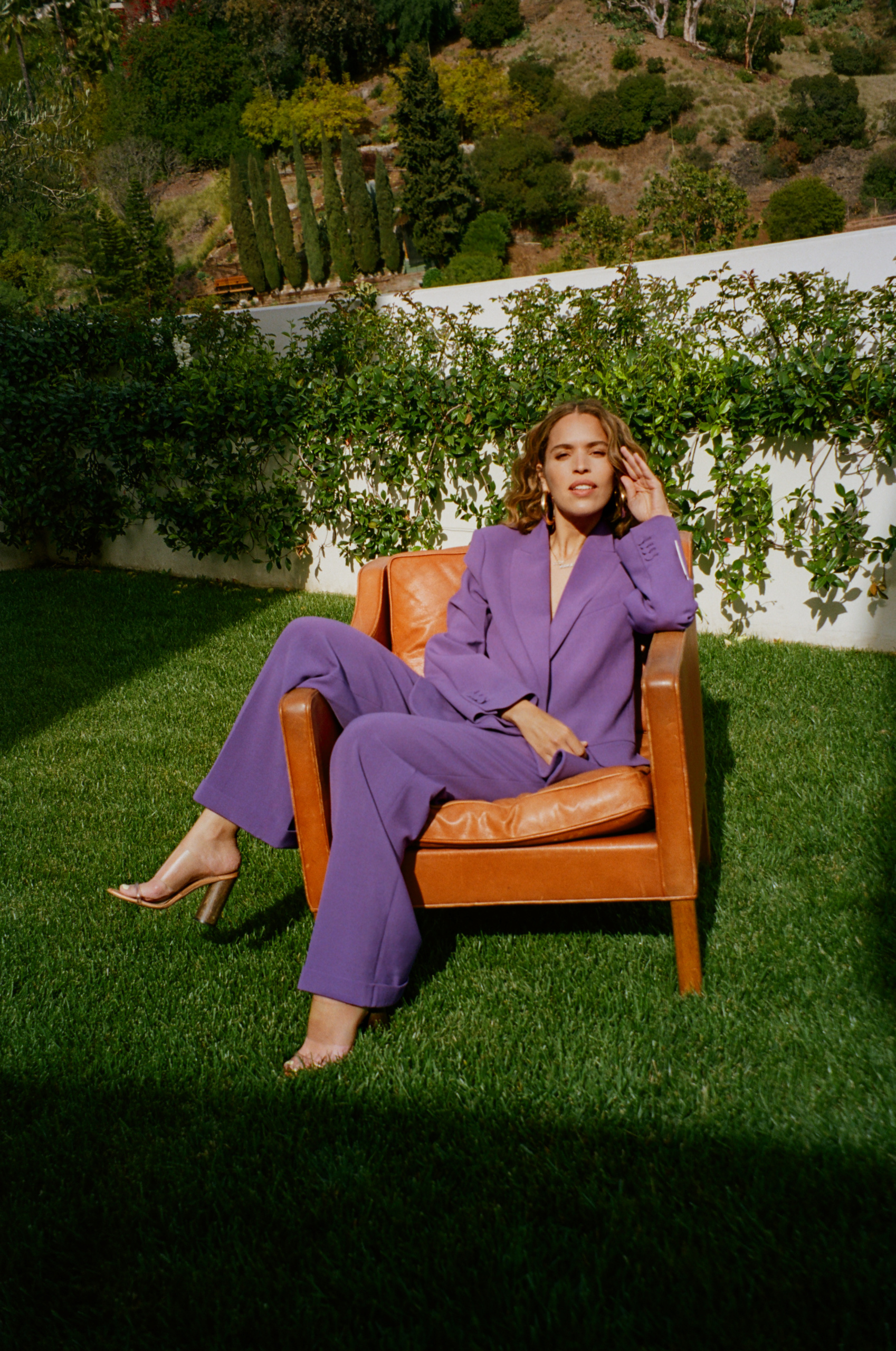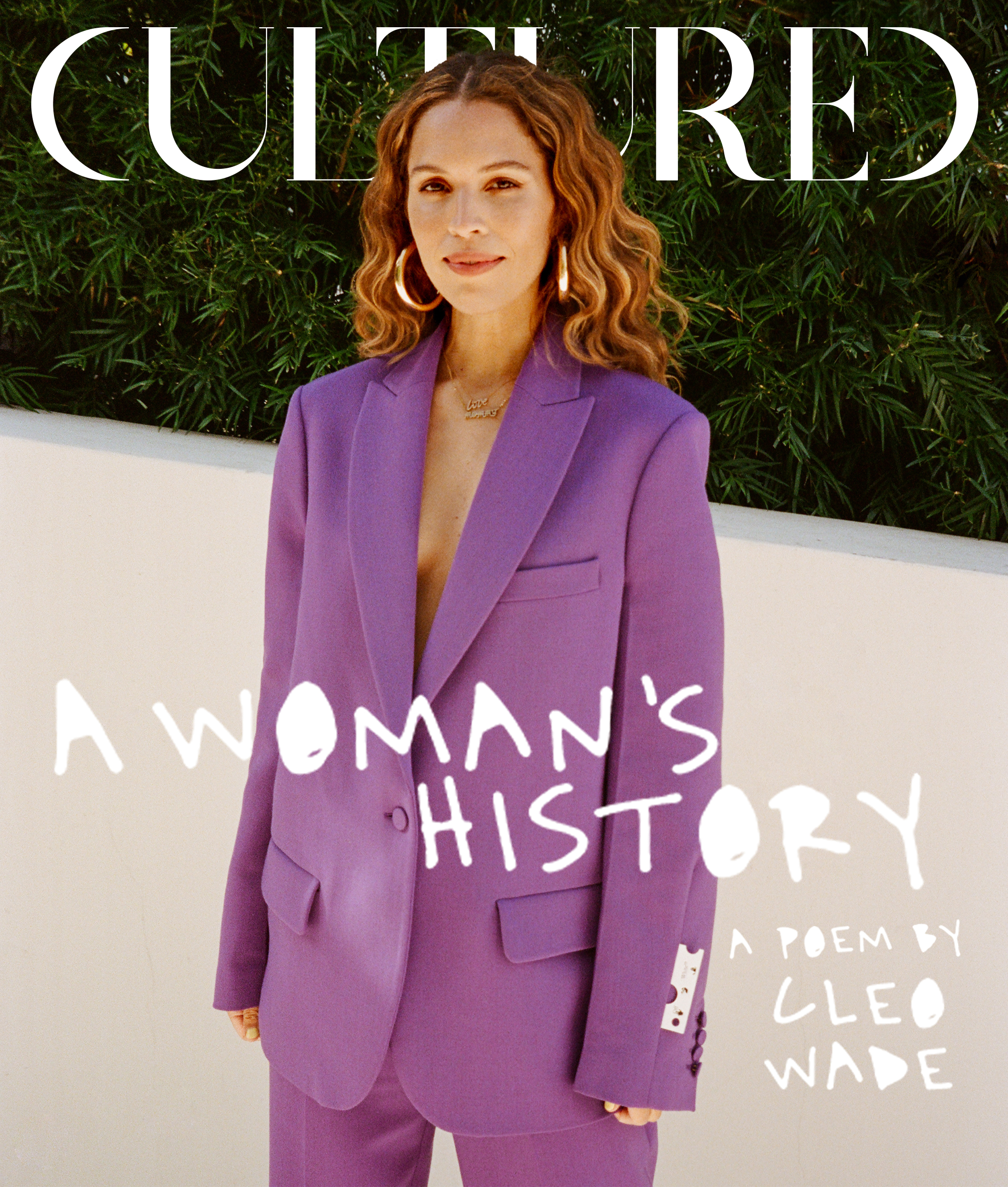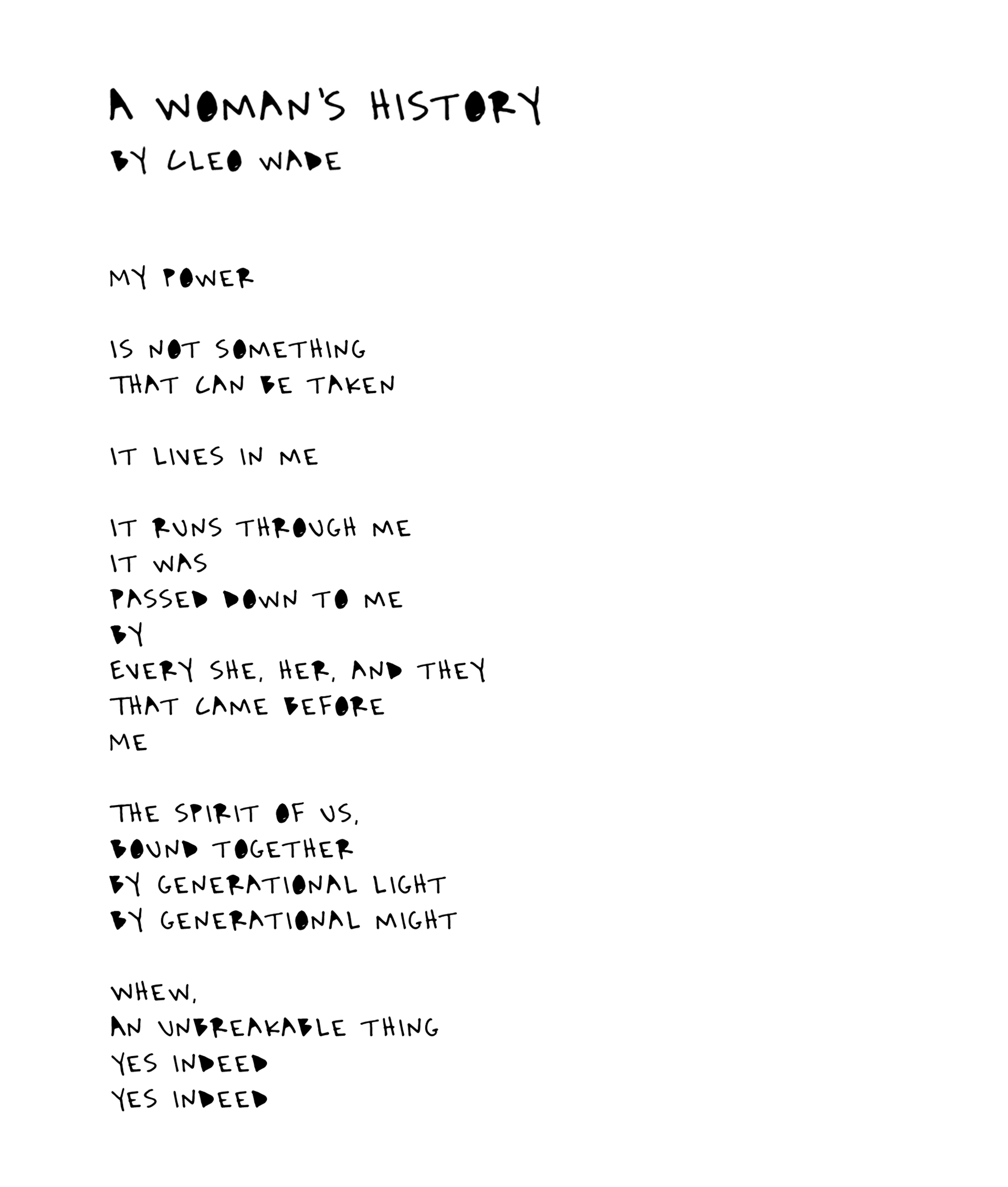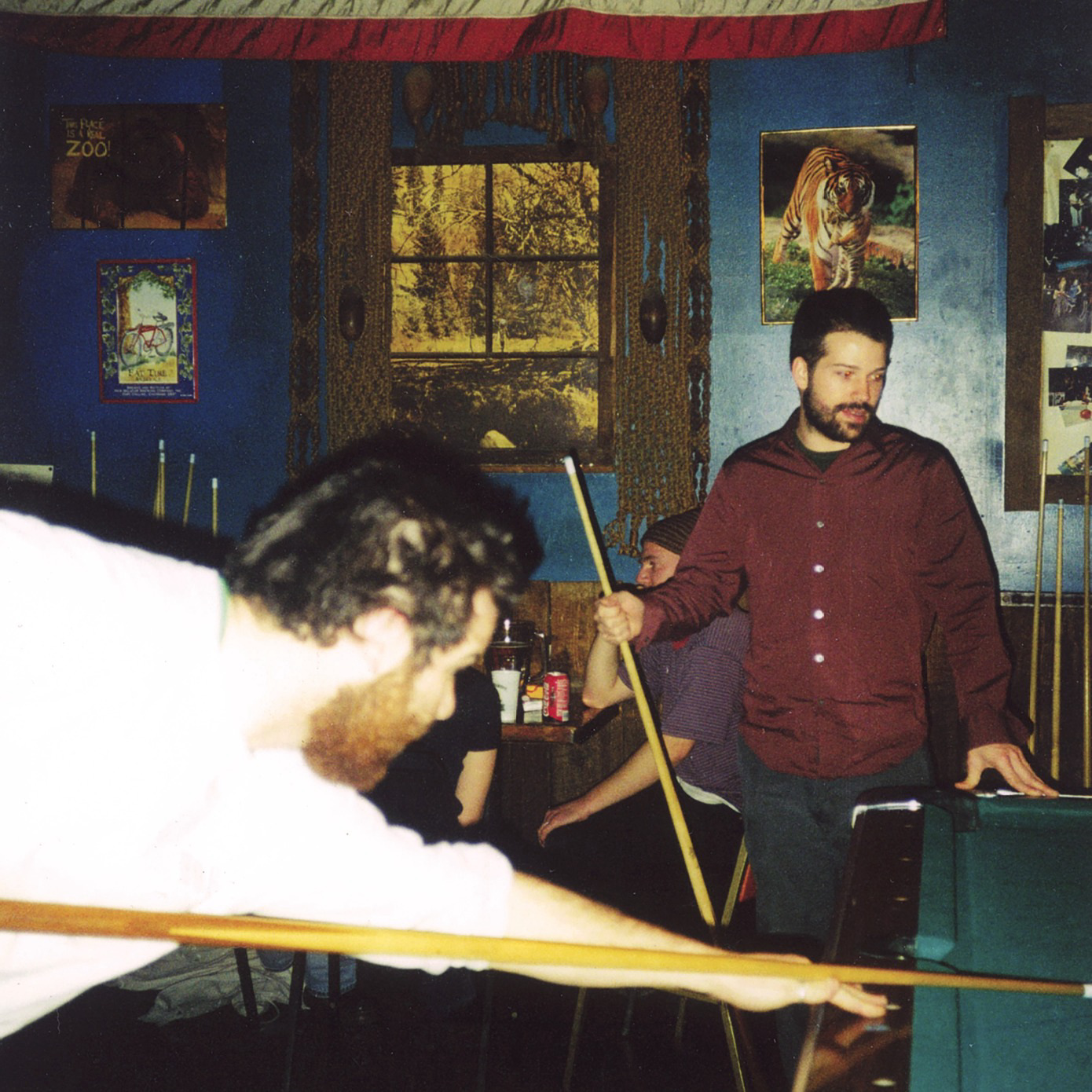
Cleo Wade is a bonafide Renaissance woman. A poet, author, artist and activist, Wade centers femme empowerment—a cause near and dear to her heart—intentionally in all of her work. Her poignant poems and artistic projects are affirming, and have made the Heart Talk: Poetic Wisdom for a Better Life writer a source of inspiration for many, both on Instagram and in real life. During the last four years of the former White House administration, the creative was compelled to use her work as a truthful record of the nation’s social underbelly. She saw her words on protest signs at Black Lives Matter marches and used to tell the larger stories of our times—career highlights, she says—and wanted them, too, to reach the younger generation.
“Where I was in my life, and where this country was at that moment, both of those components informed the other,” says Wade, for whom the political is personal. “I think any artist or writer has a responsibility to tell the truth or document the world as it unfolds. I took that responsibility really seriously and continue to do so.” Now, during the past year’s pandemic, the 31-year-old New York-based, New Orleans native prioritized her own self-care: spending time with her young family, volunteering as a mentor to eighth grade students and preparing for the March 23 release of her latest venture: a debut children’s book, What The Road Said.
As accomplished as she is, Wade is most proud whenever she sees that her work has found its way into real people's lives, incorporated in an impactful way. “I want the world to feel like a less lonely place,” she states, noting that growing up she was a kid that often felt alone. “I feel the most happy that I get to do what I do and make what I make.”

In what’s been a life-altering year for all of us, Wade looked inward for strength. She realized that her go-to mental health methods didn’t serve her in the same capacity while at home in the COVID-19 shutdown. Daily emotional check-ins were essential to staying afloat. “My biggest ah-ha moment was that you have to take it one day at a time and be like, ‘Okay, how am I really feeling today? What can I really do today?’” she recalls. “The biggest thing was understanding that my self-care needed to look different every single day.” Her new book was a part of this process, though it began several years ago as a simple note to self.
“I wrote a note on my bulletin board that read, ‘I said to the road, where do you lead? The road said be a leader, and find out,’” she says, describing the foundation of her inspiration for What The Road Said, whose writing she completed just two months after the birth of her daughter, Memphis. “I'd known that I really wanted to do something with it. I just didn't know what it was at the time.”
Initially she was aiming to produce material for pre-teens, but found herself revisiting her own childhood. “I mentored a lot of young girls, and the only way to start writing this idea of what I would want to say to children is to write something that would be healing for my childhood self, because the only child I really know intimately is the child I was. That's my part of the journey of writing this poem,” she reveals.

Beautifully illustrated by Lucie de Moyencourt, What The Road Said serves as a roadmap for how to persevere when rough terrain is encountered, but also as a reminder to be gentle, and offer oneself grace. “This book is to remind you that there's someone out there looking for you, someone out there who loves you and someone out there that you will become one day who is going to be in a community, filled with love, and spreading it, too,” Wade explains. “There's always a place to find your power in that way.”
As the mother of a now one-year-old, Wade finds celebrations of her womanhood daily. But the creative also views the thirty-one days of March as an opportunity for empowerment. Women’s History Month is a time to have focused and intentional conversations about what strides have been told, and what improvements toward equity could be made. “Anything that centers the experiences of any oppressed group or person is so important. Similar to Black History and Pride Month, I always look forward to the kinds of conversations we get to have around Women's History Month, because in our day-to-day lives, women’s stories and experiences are not centered,” she says. “This reminds us to not only center them, but also to bring them closer and closer in our day-to-day experiences throughout the year.”
In her community, feminism, identity, and the power to be yourself are always top priorities. Wade hopes that others can follow suit, and that they find the inspiration in her work to do so. “For me and my household, I feel like this is just the world we live in,” she says. “It's Women's History Month, and Black History Month, 365 days a year here.”





